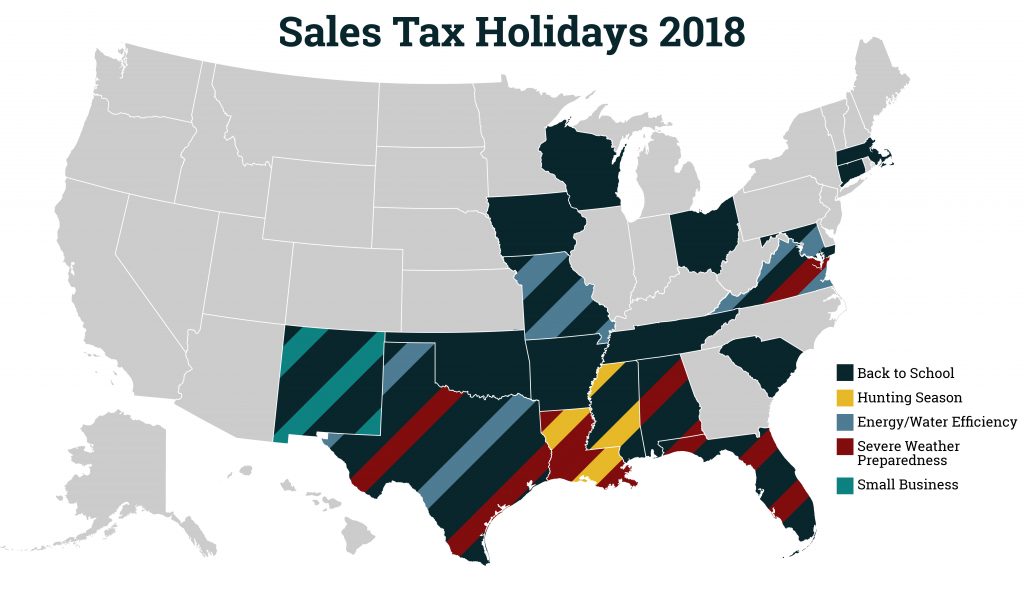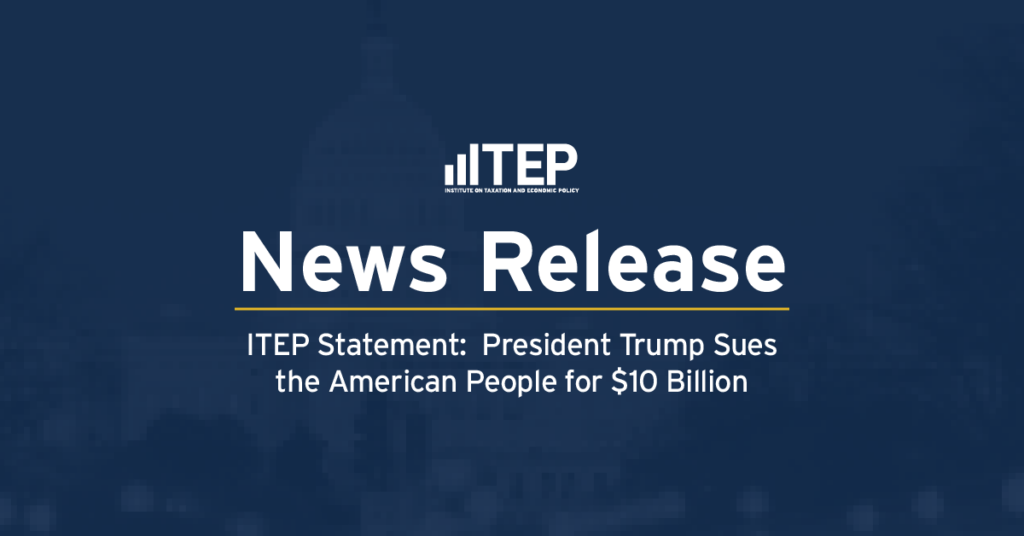Earlier this year, teachers in several states staged strikes and walkouts to protest not only inadequate pay but overall lack of investment in students. A common refrain from some teachers is dipping into their own pockets to buy classroom supplies. This story is not exclusive to teachers in states with recent strikes. The lack of investment in public school systems is a problem in jurisdictions throughout the country. So, at this time of year when many states across the country are temporarily suspending sales taxes to provide a break to taxpayers who have to purchase back-to-school supplies, it’s worth examining whether this is the most effective use of resources.
A recent brief by the Institute on Taxation and Economic Policy says not so much. It contends sales tax holidays are political gimmicks that fail to deliver on their grand promises. Yet 18 states this year will have a sales tax holiday for school supplies. Nine of those states also will hold tax holidays on other purchases (energy efficient appliances, severe weather preparedness, hunting season or purchases from small businesses) concurrently or at another time of year.
Indeed, tax holidays are politically popular and allow consumers to save on needed purchases, but a two or three-day sales tax holiday for select items does nothing to change the structural problems in state tax systems or to provide needed assistance to low-income taxpayers or teachers who are asked to use their own resources to provide classroom supplies during the other 362 days of the year. They are a distraction from the bigger picture problem with our states’ upside down and inadequate tax systems and under investment in education.
Among their many shortcomings, sales tax holidays:
- Are poorly targeted. Every state’s tax structure captures more income from the poor than from the very wealthy. This is in part due to the regressive nature of sales taxes. A two- or three-day reprieve on select items does nothing to fix this.
- Benefit higher-income households most. A recent study found households than earn less than $30,000 were less likely to be able to shift the timing of necessary purchases to coincide with sales tax holidays. In other words, sales tax holidays provide negligible benefits to families that need it most.
- Provide no significant retail boost. It’s most likely that consumers shift the timing of already planned purchased to coincide with the sales tax holiday rather than buying more.
- Result in some revenue loss. Tax holidays will cost states about $300 million in 2018. While not a huge sum relatively speaking, this is revenue that will have to be made up elsewhere.
Instead of sales tax holidays, policymakers should instead consider policies that make our tax system fairer, such as a low-income refundable sales tax credit or a state Earned Income Tax Credit. Alternatively, lawmakers could invest the revenue in boosting classroom supply budgets.
Read the brief: https://itep.org/sales-tax-holidays-an-ineffective-alternative-to-real-sales-tax-reform-2018/
Read a blog about sales tax holidays: https://itep.org/18-states-will-take-holidays-from-sound-tax-policy-this-year/




